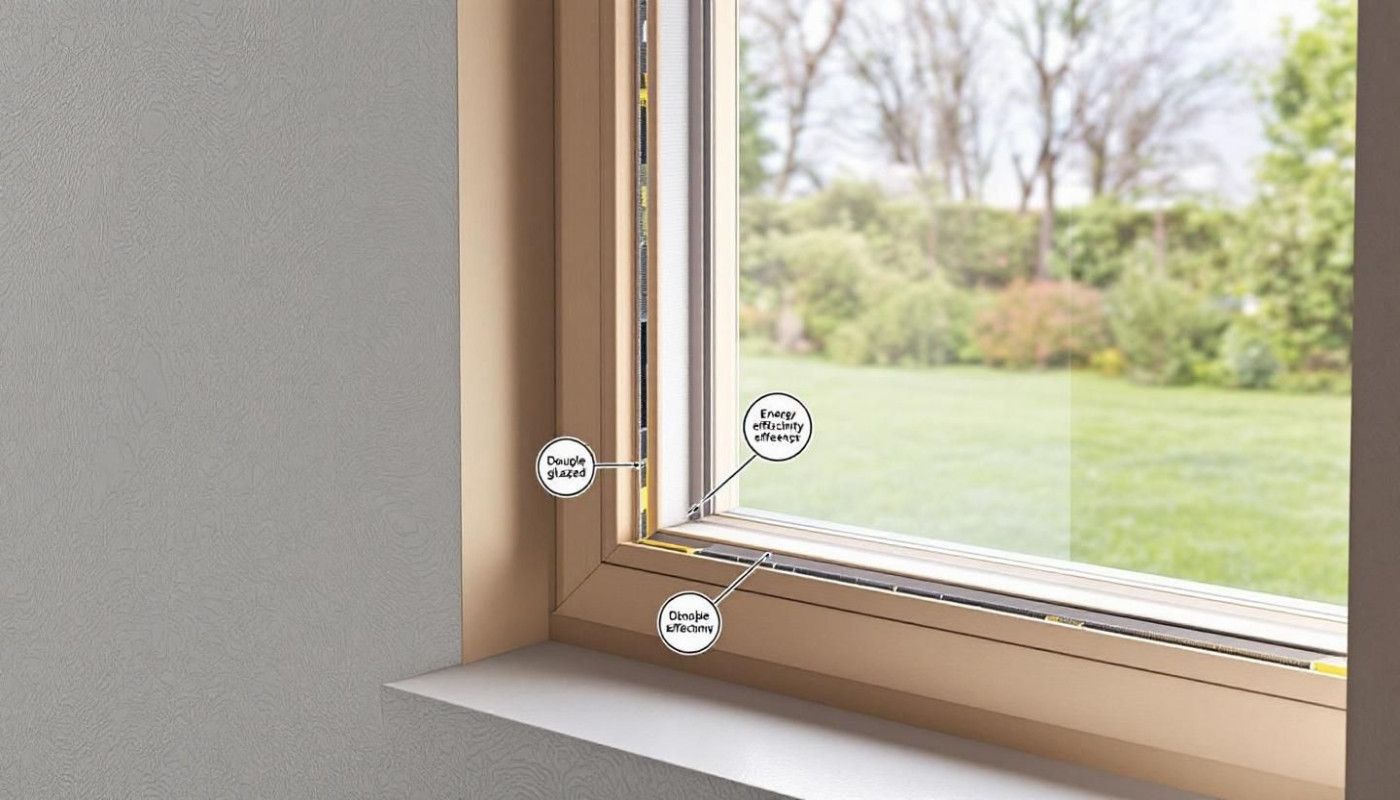Table of contents
The garden, a place of tranquility and growth, has long been recognized as an oasis for the mind and spirit. Beyond its aesthetic beauty lies a surprising secret - it's also an effective form of therapy. Whether you're cultivating vibrant roses or hearty vegetables, tending to your garden can lead to significant improvements in both physical and mental health. This basic act of planting could hold the key to reducing stress levels, improving focus, promoting relaxation and much more. So why not roll up your sleeves, put on those gardening gloves and join us as we delve deep into understanding the therapeutic power of gardening? It promises to be an enlightening journey.
Unearthing The Connection Between Gardening And Mental Health
Engaging in gardening activities can play a significant role in boosting mental health. One of the notable impacts of regularly tending to plants and soil is a significant reduction in anxiety levels. The calming nature of gardening provides a sense of tranquility, acting as a natural yet effective form of anxiety relief.
The positive correlation between gardening and mood enhancement is also worth highlighting. Immersing oneself in the beauty of nature, and witnessing the fruits of one's labor in a blooming garden, can instigate a substantial mood boost. This uplift in spirits can even aid in alleviating some depression symptoms.
On another note, gardening is not merely a hobby but can foster a sense of accomplishment and purpose. As individuals nurture a plant from seed to full bloom, they cultivate a rich sense of responsibility. This process can consequently lead to an enhancement in self-esteem, as gardeners can appreciate the tangible results of their perseverance and care.
In conclusion, the therapeutic power of gardening should not be underestimated when considering strategies for mental health improvement. Its potential to offer anxiety relief, improve mood, alleviate depression symptoms, and boost self-esteem is a testament to the profound impacts of this seemingly simple activity.
Planting Seeds For Physical Wellbeing
The act of gardening is not just a peaceful pastime; it is also a potent route towards achieving optimal physical fitness. Each action involved in gardening, such as digging, planting, and weeding, offers a comprehensive full-body workout. These activities work various muscle groups at the same time, thereby aiding in strength building and promoting endurance training.
In contrast to some other physical activities, gardening uniquely connects us to nature, providing ample opportunity for the absorption of vitamin D from the sun. This not only contributes to a healthier bone structure but also enhances our immune system, thus elevating our overall wellbeing. Consequently, the humble act of gardening goes beyond simply producing plants, acting as a significant contributor to our physical health.
The Science Behind Soil’s Healing Power
Recent research has uncovered fascinating connections between the humble soil bacteria and human health, demonstrating an unexpected healing power of gardening. Studies have revealed that exposure to specific soil microorganisms can enhance immune system functioning, mitigating the risk of various health conditions. Soil bacteria work as a natural stimulant for our immune system, fostering our ability to combat diseases. The keyword here is 'soil bacteria,' a term that reflects the crucial role these minute life forms play in maintaining our well-being.
In an analogous vein, the production of serotonin, often referred to as the 'happiness hormone,' has also been linked with interactions with soil bacteria. Serotonin is an integral biochemical in mood regulation, and its increased production can substantially alleviate symptoms of depression and anxiety. This newfound insight positions soil bacteria as natural antidepressants, enhancing our understanding of the complex interplay between nature and human health.
Thus, the science behind soil's healing power underscores the therapeutic benefits of gardening, essentially transforming it into a wellness activity. The interaction with the soil, exposure to its bacteria, and the subsequent improvements in immune system functionality and serotonin production are indeed remarkable. The act of gardening, therefore, emerges as not just a hobby, but a conduit for significant health benefits.
Similar articles

Crafting With Discarded Materials: A Creative Perspective

The Therapeutic Power of Gardening: A Deep Dive
